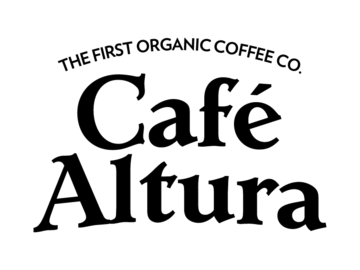The Importance of Community Supported Agriculture (CSA)
At Cafe Altura part of our mission is to promote and support agricultural business practices that align with our core values. We were founded with the belief that people want and deserve a better connection to what they eat and drink, and that they want it produce in a way that respects our planet. When farms are working sustainably and providing value to communities, we look to incorporate them into our own supply chain or help to share them with others.
